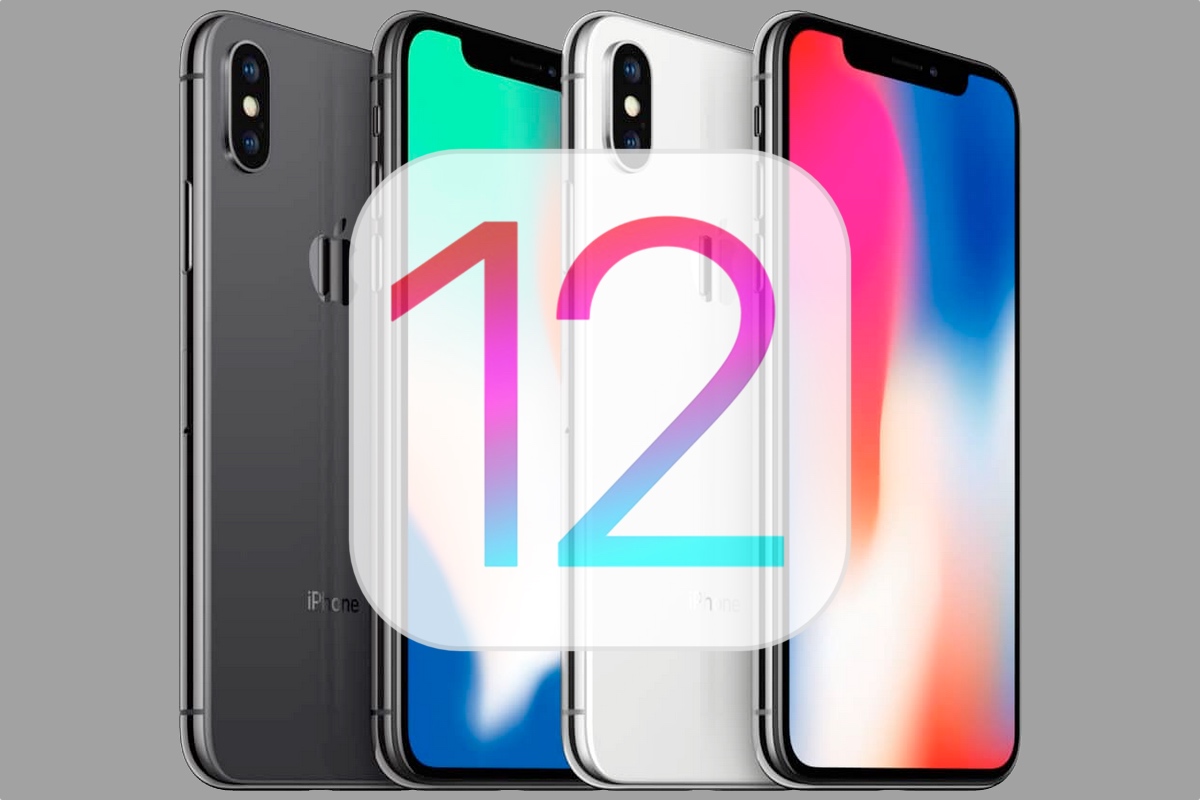
Following an exceptionally-long and unheard-of grace period,
Apple has officially stopped signing both iOS 12.1.1 and 12.1.2 Tuesday evening,
a move that packs some serious implications for the jailbreak community.
Apple first launched these firmware versions on December 5th and December 17th respectively, each to address small bug fixes and performance
improvements in the operating system. But as we know, no software is entirely
bug-proof.
Both firmware versions were targeted by a multitude of
recently-released exploits, including security research Brandon Azad’s voucher_swap
exploit and an earlier kernel exploit shared by software tinkerer @S0rryMyBad. Following
the release of these exploits, the jailbreak community was advised to downgrade
to iOS 12.1.1 via iTunes while they had the chance.
These exploits didn’t go to waste either – Azad’s exploit in
particular contributed to the recent release of the rootlessJB 3.0 tool by hacker
Jake James, a developer-centric SSH-based jailbreak solution that supports
tweak injection. This exploit was also recognized by hacker and unc0ver lead
developer Pwn20wnd, and partial iOS 12 support was then added to the unc0ver
v3.0.0 pre-release for a small subset of supported devices.
It’s not uncommon for Apple to close the signing window for older
versions of iOS, but Apple typically follows a strict two-week signing policy
after a new firmware is released. However, in this particular scenario, iOS
12.1.1 went more than a month before Apple stopped signing it.
While some will ridicule Apple for mischievous their behavior
in this department, others would argue that Apple is serving its responsibility
as a technology company to keep its user base safe. Each firmware update brings
bug fixes and improvements that close security holes and prevent a user’s
device from being impacted by malware. Unfortunately, Apple’s rapid software
release schedule as of late also makes it more challenging for jailbreak developers
to keep up.
As always, you can track which versions of iOS are being signed for your
device from the ever-so-useful IPSW.me website.
You can also download relevant firmware files from the downloads page on
iDownloadBlog.
Which version of iOS are you currently running? Let us know in the comments
section below.






Recent Comments